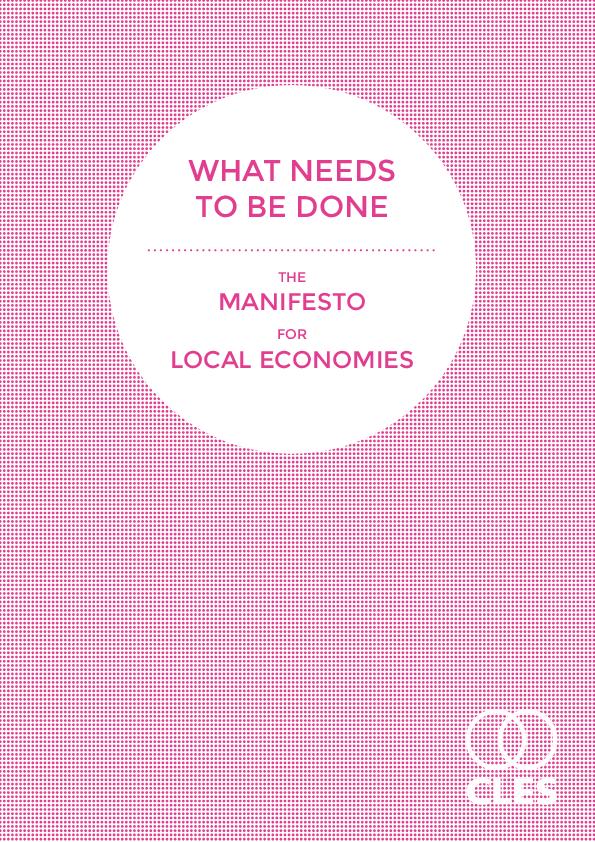Social care needs proper funding, not Big Society 2.0
This article originally appeared in The New Statesman.
The language of “community power” is too often used to paper over the cracks of ten years of local austerity, writes Associate Director for Policy, Tom Lloyd Goodwin.
“The Conservatives are the real party of public services.” This was one of the many bold claims from the dispatch box during this year’s autumn spending review. But in the wake of the now-published adult social care reform white paper, this promise rings increasingly hollow.













